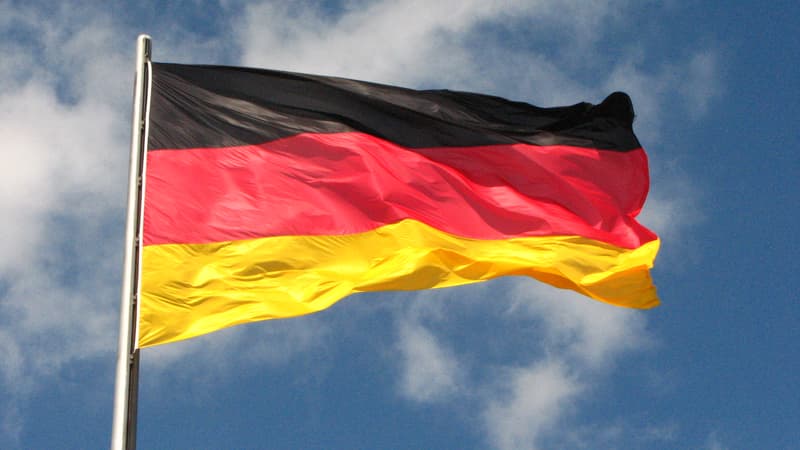Inflation in Germany fell sharply in March to 7.4% year-on-year as the lull in energy prices helped by government measures after two months at 8.7%, official figures showed on Thursday.
Price increases continue to slow from peaking last fall at 8.8% year-on-year, calculated using a new methodology, the Destatis institute said in a statement.
Serving as a reference for the European Central Bank, the harmonized price index rose 7.8% in March year-on-year, compared to 9.3% in February. In one month, prices rose in Germany by 0.8%, in non-harmonized data.
Since the start of the war in Ukraine, energy and food prices “have risen significantly and have had a significant impact on the inflation rate,” recalls Destatis.
+22.3% for food
Food prices continued to rise in March at a high rate, +22.3% in one year.
The rise in energy prices, which spiked in March 2022 following the Russian invasion of Ukraine, on the other hand slowed significantly to +3.5%, after 19.1% in February.
Apart from a base effect, the fall is explained by the implementation of a brake on gas and electricity prices, a device at the heart of a 200 billion euro package launched last year by Berlin.
The decline in inflation in the rest of the euro zone was evident in Spain, where it rose to 3.3% year-on-year in March, compared with 6% in February, due to the fall in the prices of oil, electricity and fuels, according to a provisional published estimate. Thursday.
After Spain, which saw its inflation rate fall very sharply in March, France will publish its estimate on Friday, with an expected drop to 5.5% in a year according to analysts polled by Factset, before Eurostat publishes also its indicator for the euro zone.
These figures remain well above the 2% target set by the European Central Bank.
Its chief economist, Philip Lane, said on Wednesday that the euro zone is “probably in the most intense phase of inflation” in an interview with the weekly Die Zeit.
For Germany, we should “expect that at the end of the year we will have a three before the comma” in terms of inflation, comments LBBW economist Jens-Oliver Niklasch. In its relentless fight to restore price stability, the ECB has already raised its benchmark rates by 3.5 percentage points since July and has no intention of stopping there, despite the recent turmoil affecting the banking sector.
Source: BFM TV


